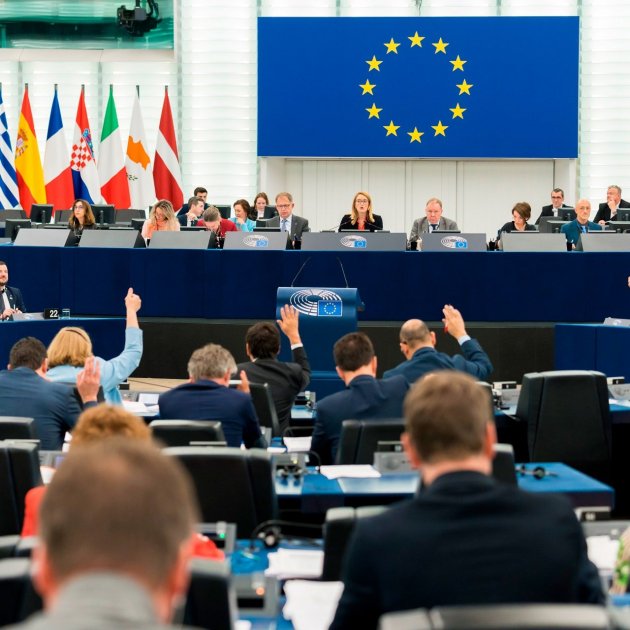The granting of official EU language status to Catalan does not seem straightforward. Although the Spanish government has affirmed that, as was agreed at the party negotiations in August, it has been working to make it possible, reluctance is now emerging from some European Union member states. Last Sunday, France's Le Monde already reported that some states were not entirely sure of their stand, and the latest country to make public its reticence has been Sweden. "There are many minority languages that are not official within the EU," say sources in Stockholm. The Swedish government acknowledged this Wednesday that it has doubts about the incorporation of Catalan, Basque and Galician as official languages within the EU and, although it has not yet taken a final position, it has indicated that it will study the budgetary and operating costs implications that this initiative would involve.
The Swedish executive is "undecided" about the possibility of amending Regulation No 1, which sets out the EU's official languages, according to the country's European affairs minister, Jessika Roswall. Stockholm wants to examine the "legal and financial" consequences of the proposal "in more depth", and Roswall has already pointed out that "there are many minority languages that are not official within the EU".
In August, the Spanish government requested the Council that Catalan, Basque and Galician be included in the regulations governing the language regime, which date from 1958 and now include 24 official languages. Any change requires the unanimity of all twenty-seven member states, so it cannot go ahead if a single member state opposes it. Spain, as the holder of the rotating presidency of the EU, has included the matter in the agenda of the next meeting of the General Affairs Council, which will be held next Tuesday, September 19th, with the intention that there will be a debate and a vote.
'Le Monde' reveals that there are EU states that are unsure about official status for Catalan
Converting Catalan into an official language depends on the unanimous vote of all 27 member states of the European Union. And, as the French newspaper Le Monde explained this Sunday, this seems "unlikely". The prestigious newspaper warns that several countries have "reservations" about taking the step. In France itself, making a minority language such as Catalan, Basque or Galician into an official language of the community club could encourage Breton and Corsican speakers. In the Baltic countries, Russian-speaking communities could make a strong push to bring their language into the EU. And as well, there are other significant linguistic minorities in Eastern countries such as in Romania, Bulgaria, Hungary, Slovenia and Croatia.
According to Le Monde, there is the concern that, if the Spanish initiative were to come to fruition, it would "snowball" and could spur on the 8% of EU citizens who belong to a linguistic minority that defends the use of their own language. The French report also quotes European diplomats. One makes the point that the community club is not ready to "open the door to four languages per member state". Another recognizes that, if this measure were adopted, "many member states would have great difficulties". So, despite the complicity of the Spanish government to officially recognize Catalan in the EU, the other member states could make this process fail.
